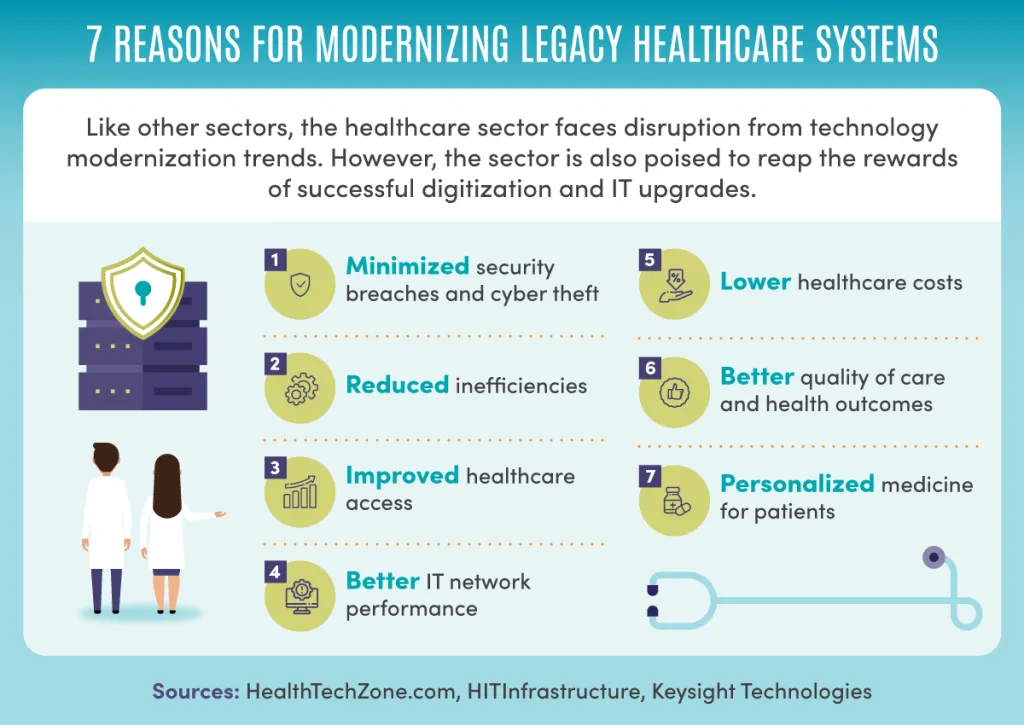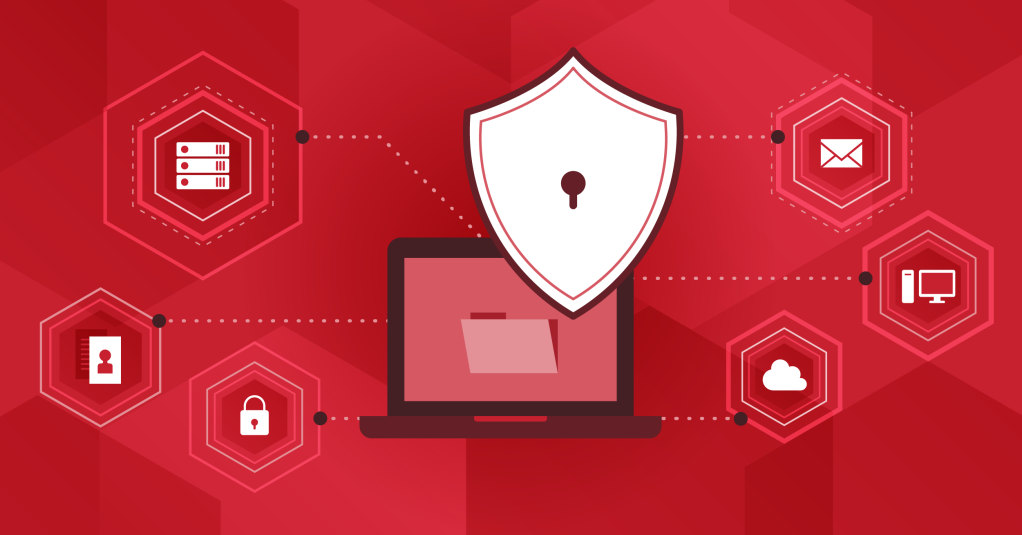
In fall 2021, Sinclair Broadcast Group, the second-largest television station operator in the U.S., reeled from a destabilizing ransomware attack. Ransomware attacks prevent users from accessing systems until they pay a hefty fee. The incident disrupted the company’s broadcasts to local stations, caused critical data loss, and affected Sinclair’s ability to transmit advertisements. A cybersecurity breach is just one of the handful of security breach types that organizations around the globe must prepare for with increasing urgency. According to the Identity Theft Resource Center, 2021 was a record-breaking year of data compromises, with the rate of incidents already 17% above […]









